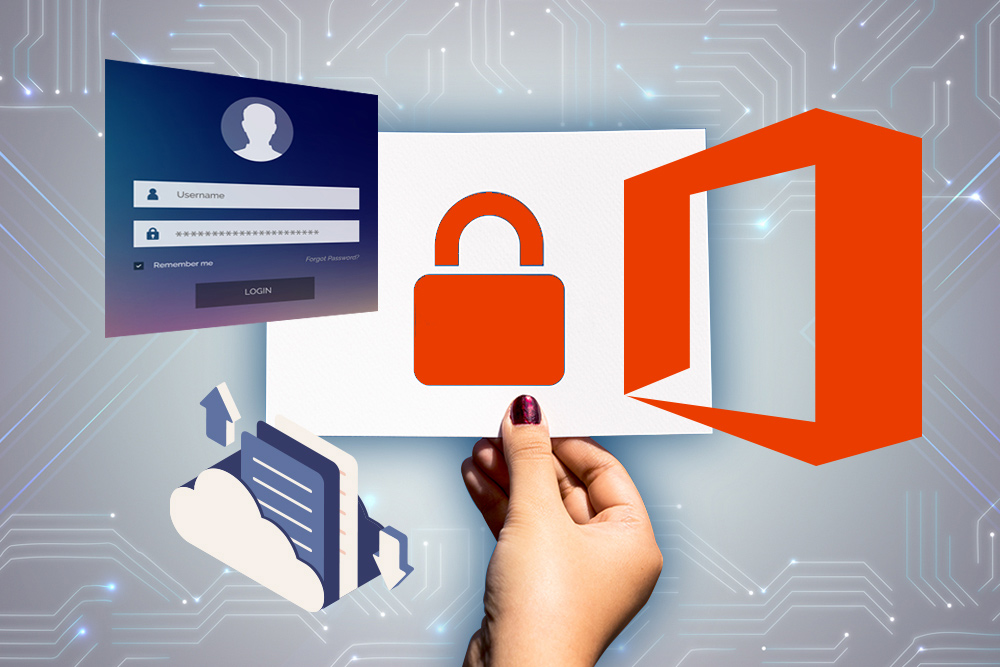
Ways To Protect Your Data In Office 365
As companies make use of to boost their productivity, it is essential that they be mindful of the security of their data as well. It is common to think that cybercriminals are the biggest security challenge for businesses with operations in the cloud. But if your employees lack awareness about the cloud security protocols that they need to observe, they could be a security threat too. That being said, it is important for business owners to inform their staff regarding these security protocols in order to avoid security breaches.
To keep your data in Microsoft Office 365 protected, here are security tips you can apply.
Having A Strong Password
One way to keep your data safe is by using a strong password for your cloud application. It is crucial to create complex passwords composed of capital letters, lower-case letters, symbols, and numbers so that they would be impossible to crack. But of course, you have to make sure that you can remember the complex password that you came up with. Furthermore, it would help if you steer clear of recognizable words and patterns on the keyboard. No matter how long your password is, it would still be easy to crack if they are predictable. If you really find it hard to memorize complex passwords, you can also use an app to generate them and store them for you.
Using A Two-Factor Authentication
After creating a strong password, you could still add another layer of protection to boost its strength. And you could achieve that by using two-factor authentication. When end-users utilize 2FA, it requires them to acknowledge a phone call, text message, or a smartphone app notification after they enter their password. This enables you to protect your Microsoft Office 365 account from unauthorized access. Multiple layers of protection are necessary for businesses, mainly because one data breach could put an entire company’s database at risk.
Keeping Your Passwords Safe
When you’re done adding another layer of protection to your passwords, the next step you have to take is to keep your passwords safe. That is why it is important that you don’t share your password with just anyone. And as you do that, you should also avoid writing down your password on a piece of paper because it might lead to unauthorized access. Moreover, it is also advisable to use a different password for every cloud application to protect your accounts from security breaches. If the need to share your password or use a public PC rises, then you have to take extra precautions to change your password as soon as you finish your session.
Connecting to Secure Networks
Although it is convenient to have wireless connections wherever you go, you should be mindful of which networks you connect to because they might be unsafe. When you make use of your phone’s Bluetooth, you should make it a habit of turning it off after you use it. This is because it has been proven to be a connection that is easy to break. Moreover, you should also be careful when you’re using public Wi-Fi. Sometimes, hackers set up networks to gain access to their victims’ internet traffic, and compromise their passwords and other sensitive information. That being said, to avoid security breaches, you have to make sure that you only connect to the networks that you trust.
Creating Backup Copies for Your Data
Aside from secure passwords and secure networks, you could also defend your data from security threats by creating backup copies. You’ll never know when your company is going to get hit by a disaster or cybersecurity threat, so it is important to have a backup in place when things go wrong. One of the best ways to avoid data loss is by keeping another backup next to your computer. Although you could use an external drive to create a backup of your data, you could also make cloud backups to make things easier. Office 365 automates backup procedures and with that, it can help you protect your data and restore them when the need arises.
Recent Posts
- How Does GPON Improve Network Efficiency?
- What Are The Advantages Of GPON?
- What Are The Benefits Of IT Outsourcing?
- What's The Deal With Ransomware Attacks?
- Are GPON Providers Widely Available?
- What's GPON's Impact On Bandwidth?
- Why Is Multi-Factor Authentication Important?
- How To Ensure Data Privacy Compliance?
 Blogs
Blogs Infographics
Infographics Videos
Videos Podcasts
Podcasts Case Studies
Case Studies Call For Quote
Call For Quote